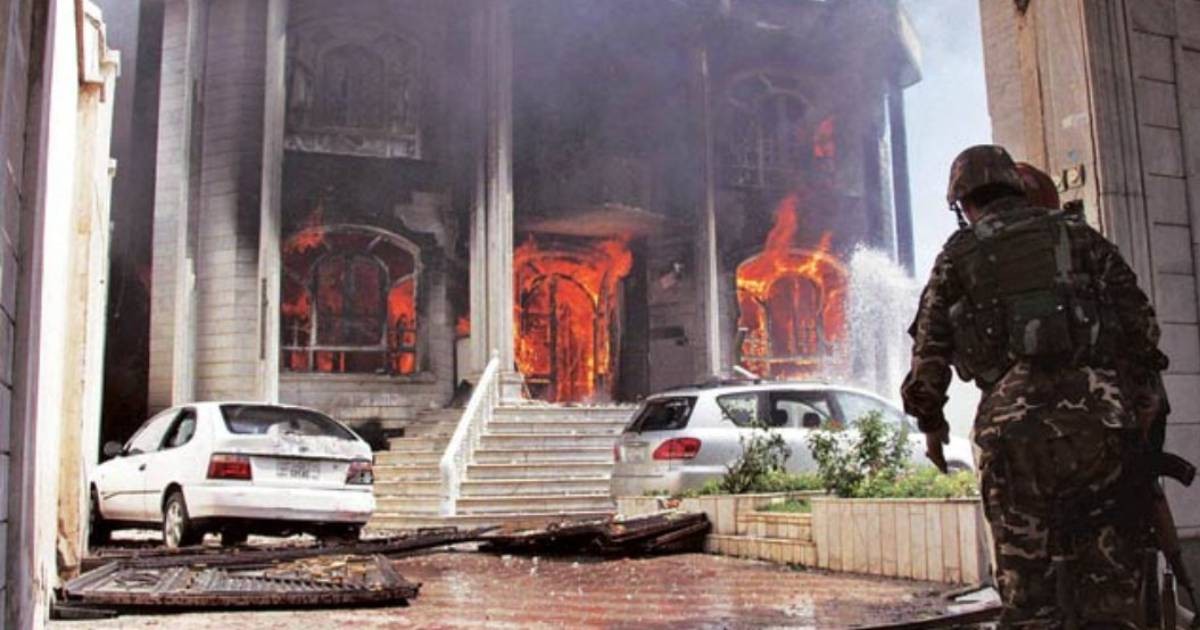
In a harrowing act of terror, the Indian Embassy in Kabul was struck by a powerful suicide bombing on the morning of July 7, 2008. The attack, which occurred around 8:30 AM local time, involved a vehicle laden with explosives crashing into the embassy gates. The resulting explosion killed 58 people and injured over 140, including civilians and embassy staff. The blast caused extensive damage to the embassy compound and nearby buildings, sending shockwaves through the diplomatic community.
Among those martyred were four Indian nationals: Brigadier R.D. Mehta, India’s Defence Attaché; Venkateswara Rao, a senior diplomat and IFS officer; and two security personnel from the Indo-Tibetan Border Police, Ajai Pathania and Roop Singh. A local Afghan employee, Niamutullah, also lost his life in the attack. These individuals were serving their country with honor and dedication in one of the world’s most volatile regions, and their sacrifice has been mourned across India and Afghanistan.
The attack appeared to be a calculated strike against India’s growing presence and influence in Afghanistan. Afghan President Hamid Karzai condemned the bombing, calling it an assault on the strong friendship between the two nations. While no group officially claimed responsibility, suspicion quickly fell on the Taliban and the Haqqani network, with some U.S. intelligence sources suggesting possible involvement of Pakistan’s Inter-Services Intelligence (ISI)—a claim denied by Pakistani authorities.
India responded swiftly, dispatching a high-level delegation to Kabul to assess the damage and bolster security at its diplomatic missions. External Affairs Minister Pranab Mukherjee expressed deep sorrow over the loss of life and reaffirmed India’s unwavering commitment to supporting Afghanistan’s reconstruction and democratic development. The Indian government also paid tribute to the fallen officials, recognizing their bravery and dedication to national service.
This tragic incident remains one of the deadliest attacks on an Indian diplomatic mission abroad. It serves as a stark reminder of the dangers faced by those who work to uphold peace and diplomacy in conflict zones. The courage and sacrifice of the martyred officials continue to inspire a nation that stands united in grief and pride.
